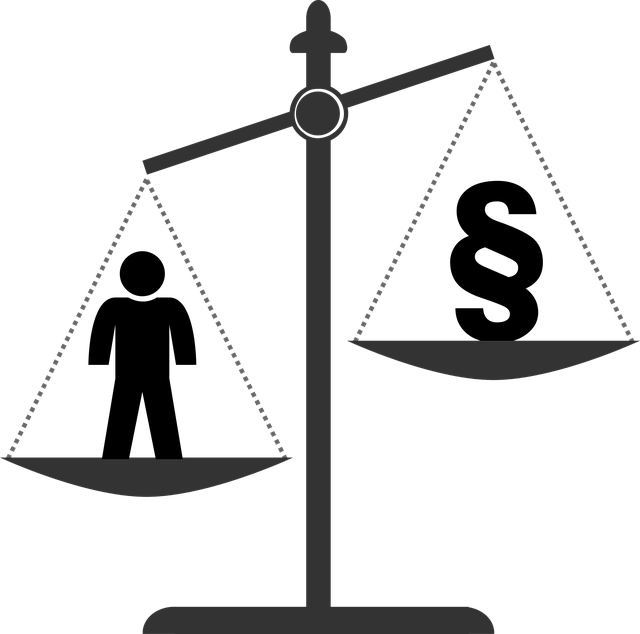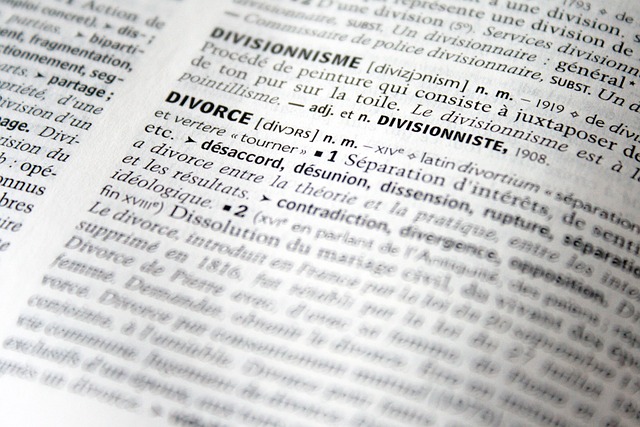Litigation support services play a crucial role in modern law, aiding from case assessment to data analysis and expert witness management, especially in high-stakes jury trials. These services navigate ethical complexities of plea bargaining agreements by ensuring transparency and voluntariness, balancing efficiency with fairness. Best practices include open communication, thorough documentation, and understanding rights for defendants. Adhering to ethical considerations leads to beneficial outcomes like charge dismissal or avoiding indictment, enhancing public trust in the legal system.
“Litigation Support Services play a pivotal role in modern legal practices, enhancing efficiency and fairness. This comprehensive guide explores the intricacies of these services, with a focus on understanding their impact on legal processes. From ethical dilemmas in plea bargaining agreements to best practices for ensuring transparency, we dissect critical aspects. By delving into these topics, we aim to equip professionals with insights into navigating complex legal scenarios while maintaining integrity and upholding justice. Additionally, this article highlights the importance of considering ethical considerations in plea bargaining agreements.”
- Understanding Litigation Support Services: A Comprehensive Overview
- Ethical Dilemmas in Plea Bargaining Agreements
- Best Practices for Ensuring Fairness and Transparency in Legal Processes
Understanding Litigation Support Services: A Comprehensive Overview

Litigation Support Services play a pivotal role in modern legal proceedings, offering specialized assistance across various critical stages. These services encompass a wide range of activities, from initial case assessment and strategic planning to advanced data analytics and expert witness management. By leveraging cutting-edge technology and industry expertise, litigation support professionals enhance efficiency, accuracy, and outcomes in both civil and criminal cases.
In high-stakes cases, where the stakes are immense and jury trials are at play, these services become even more crucial. Ethical considerations in plea bargaining agreements, for instance, demand meticulous handling to ensure fairness and transparency. Throughout all stages of the investigative and enforcement process, litigation support ensures that evidence is collected, analyzed, and presented in a manner that respects legal protocols while providing compelling insights.
Ethical Dilemmas in Plea Bargaining Agreements

Plea bargaining agreements present unique ethical dilemmas for legal professionals, requiring a delicate balance between efficiency and fairness. As litigation support services become increasingly integral to legal processes, the pressure to reach plea deals accelerates. This can lead to concerns regarding coercion and due process, especially in complex white-collar defense cases. Lawyers must navigate these challenges while upholding their professional responsibilities to their clients and the broader philanthropic and political communities.
The transparency and voluntariness of agreements are paramount. Legal professionals should ensure that their clients fully comprehend the implications of accepting a plea bargain, including potential consequences and alternatives. By carefully considering ethical considerations in plea bargaining agreements, lawyers can maintain integrity within the justice system, offering effective representation while addressing societal needs.
Best Practices for Ensuring Fairness and Transparency in Legal Processes

Ensuring fairness and transparency in legal processes is paramount to maintaining public trust and integrity within the justice system. Best practices include fostering open communication between all parties involved, particularly during plea bargaining agreements. This involves meticulously documenting every step of the process, ensuring that defendants fully understand their rights and the potential outcomes. Ethical considerations should guide these negotiations, focusing on achieving a balanced resolution where both the prosecution and defence are satisfied.
By prioritizing transparency, legal professionals can mitigate the risk of disputes arising from misunderstandings or perceived injustices. This approach not only enhances the overall efficiency of the legal process but also fosters a sense of fairness, which is crucial for maintaining public confidence in the system. These practices are especially important when navigating complex cases that involve high-stakes outcomes, such as achieving complete dismissal of all charges or avoiding indictment, where extraordinary results can be achieved through strategic and ethical means.
In conclusion, litigation support services play a pivotal role in modern legal processes. By understanding the intricacies of these services, such as addressing ethical dilemmas in plea bargaining agreements, we can ensure fairness and transparency. Adhering to best practices is essential to upholding justice, safeguarding client rights, and maintaining public trust. In light of these considerations, it’s crucial for legal professionals to stay informed and adapt to evolving standards, ultimately revolutionizing the way litigation support services are delivered.






